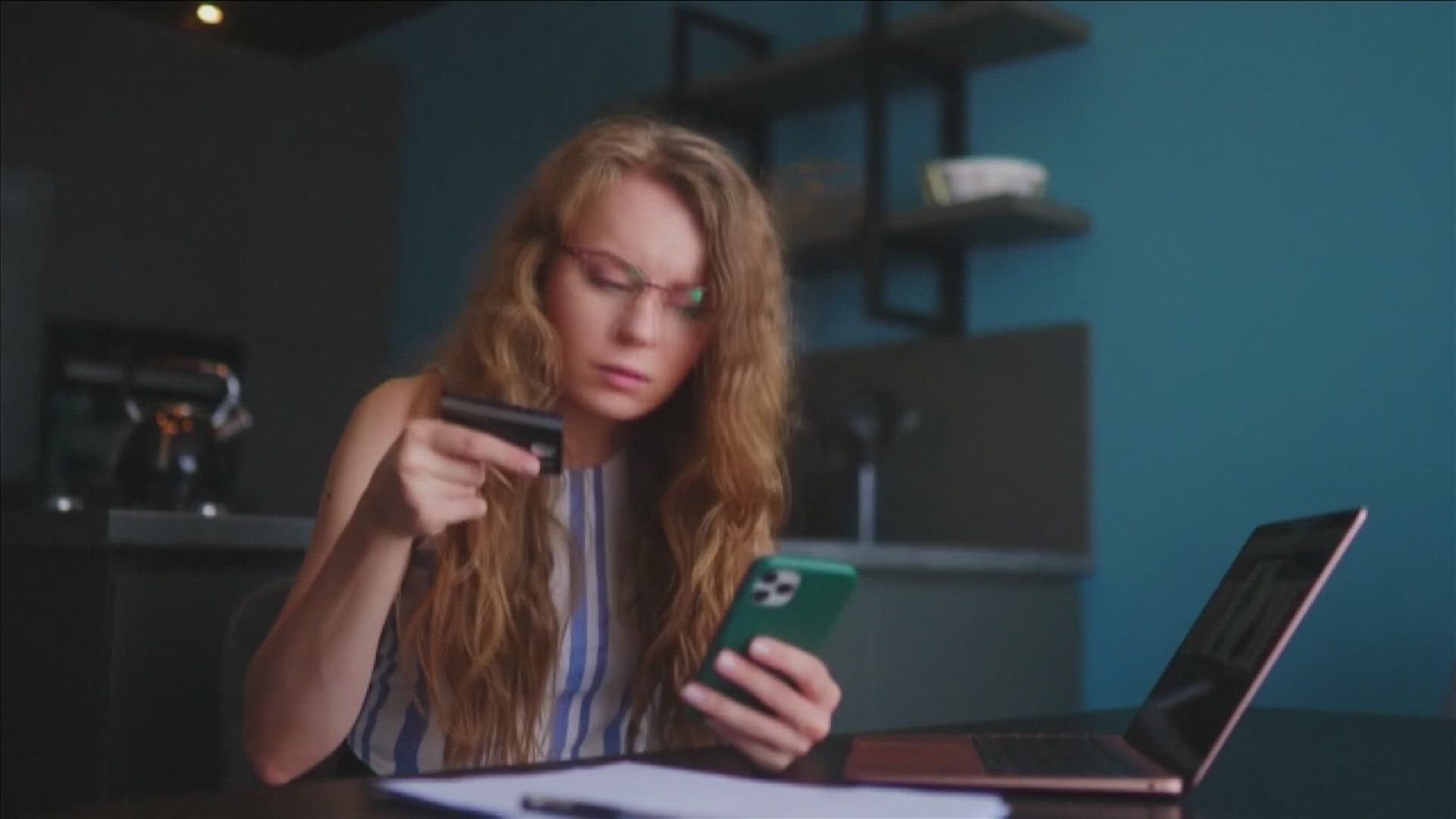MEMPHIS, Tenn — As scammers are making their way into the technology of younger and younger generations, multiple banks are taking extra precautions to prevent their customers from being scammed.
Bank customers are getting messages that seem realistic, sometimes even with the correct banking information. If responded to, the text is followed by a phone call from a spoofed number–meaning the call comes up as if it is the bank–from the bank name or even the bank’s phone number.
The Federal Communications Center is cautioning people to be aware of scams, especially with U.S. consumers receiving about 4 billion robocalls each month.
Bank of America listed the following as signs of a scam:
- Being contacted unexpectedly by phone, email, text, direct message or pop-up window with a request for personal information or money
- Being asked to pay in an unusual way like gift cards, bitcoin or Zelle
- Being pressured to act immediately
- Being asked to transfer money
These red flags apply to many banks. Bank of America will never ask you to transfer money to anyone, even yourself.
To improve your banking security, the American Bankers Association encourages consumers to:
- Hang up and call the number on the back of your card if you receive a text or call from your bank
- Keep your online browsers up to date with the latest virus protection and malware alerts
- Set up multi-factor authentication on your bank and email login
- Use random or complex passwords
Make sure not to share your social security number, password or pin.
If you believe you’ve been scammed, contact your bank using the number on the back of your card immediately.

